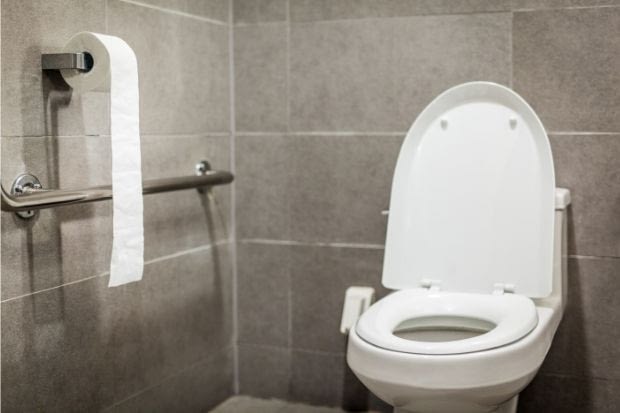- South Korea uses feces to power a building while those who use the toilet get virtual currency.
- The virtual currency can be used to buy items on campus like books, and fruits.
South Korea has been the centre of a lot of innovative projects with the recent one coming in the form of a campaign for students to earn a virtual currency for using the toilet. An urban and environmental engineering professor at the Ulsan National Institute of Science and Technology (UNIST), Cho Jae-weon, has created an eco-friendly toilet called the BeeVi toilet to convey excrement to a laboratory to produce biogas and manure.
Cho disclosed that the average person excretes an average of 500g per day. This can then be converted to 50 litres of methane gas which can generate 0.5kWh of electricity. According to Cho, feces can be converted to valuable uses.
If we think out of the box, feces has precious value to make energy and manure. I have put this value into ecological circulation.
The BeeVi toilet was designed to reduce water use by transporting faeces to underground tanks through a vacuum pump. The waste is then broken down into methane by microorganisms, then used to power the building it resides in, a hot-water boiler, solid oxide fuel cell, and a gas stove.
People get 10 Ggool per day for using the BeeVi toilet
To encourage people to use his eco-friendly toilet, Cho has created a virtual currency known as Ggool, which means honey in Korean. People who use the toilet will earn 10 Ggool a day. This campaign has been accepted by students as one post-graduate student called Heo Hui-Jin narrated;
I had only ever thought that feces are dirty, but now it is a creature of great value to me. I even talk about feces during mealtimes to think about buying any book I want.
The virtual currency can be used to buy items like books, fruits, instant cup noodles, or even freshly brewed coffee on campus. The students can pick up any item in the market, then pay with Ggool by scanning a QR Code.
The project which is called Feces Standard Money (FSM) has its second-generation BeeVi toilet, WALDEN 2.0 containing a built-in health screening system that will analyze waste and urine to notify users of their general well-being through a smartphone app. It has an ultraviolet lamp installed to ensure that the toilet bowl, seat, and lid are sterilized or disinfected. This is an upgrade to the first generation BeeVi toilet, WALDEN 1.0 which was designed to help users change to a more comfortable position during bowel movements.
Credit: Source link












































